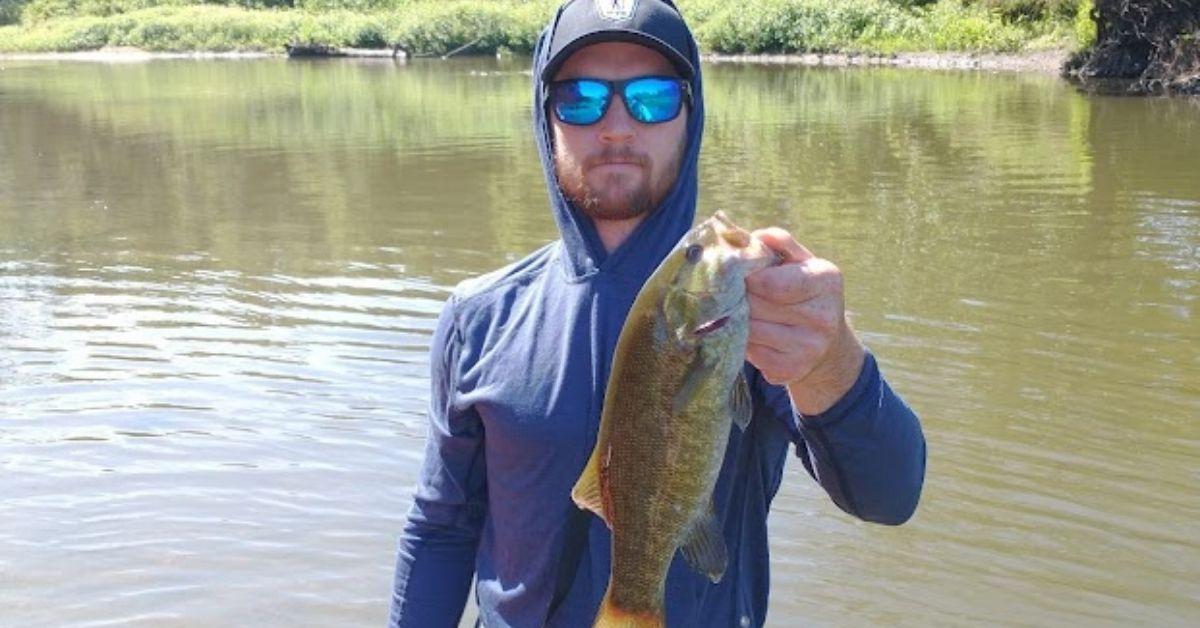3 Easy Ways To Become A More Responsible Angler
Whether you fish to get away from the high stress of life or just want to catch enough for a nice meal with your family – it’s on all of us as anglers to ensure the resource is still available for both future trips; and future generations. We’ve come a long way, and our lakes, streams, and rivers are cleaner and have more fish in them than ever before.
We’re not done, though. Resting on our laurels isn’t good enough, as threats like drought, invasive species, pollution, and angler access still have the potential to hurt fisheries – leaving less opportunity for future anglers.
Here are three things you can do every time out to be a more responsible angler.
1) Catch & Release or Harvest Properly
Much of our success has come on the heels of the catch and release ethic. It makes sense too. If you let a fish go, that’s one more potential breeder and another opportunity for someone else down the line.
But what if you want to take home a meal of fish? No problem, ensure that you follow required harvest limits, only take home what you can eat (don’t get hung up on “getting a limit” if you’re only going to eat a few), and selectively release the larger fish – they are the primary broodstock.
Also, think about species and age when you harvest. Older (and larger) species like bass, pike, and musky have more time to collect toxins in their tissues. Panfish are an excellent choice for eating. They’re delicious; they reproduce rapidly, grow quickly, and carry a much lighter toxin load than game fish.
2) Protect Against Invasives
One of the biggest threats to our fisheries is invasive species. We see examples in every state of how invasives like the zebra mussel, round goby, Asian carp, spiny water flea, and water hyacinth can negatively affect fisheries. Being vigilant against their spread is a great way to ensure healthy fisheries for future generations.
Keep your boat trailer free of vegetation, wash out your Livewell between trips, and resist the urge to transport fish from one waterbody to another. All these things are paramount to minimizing the spread of exotics from lake to lake.
3) Safely Discard Used Plastics
If you’ve fished long enough, you’ve probably seen a used plastic bait sitting on the bank or witnessed a careless angler pitch them in the water. New evidence shows that doing that is now only littering, but it can also harm bass that consumes discarded plastics.
If it looked good enough to get them to bite it while attached to your line, it might look good enough while floating around the lake or sitting on the bottom. The problem is, without the hook and line, bass swallow plastics, and they get caught in their digestive tract – which over time can prevent them from feeding and actually kill them.
An angler in Texas once found a wad of 12 soft plastic lures in the stomach of a bass – all without hooks meaning they were likely eaten off the bottom or while floating.
Bottom line, don’t throw your plastics overboard – make sure they get to a proper trash can or are recycled as many local bait pourers would love to have your old plastics.
Updated February 28th, 2022 at 8:19 AM CT


